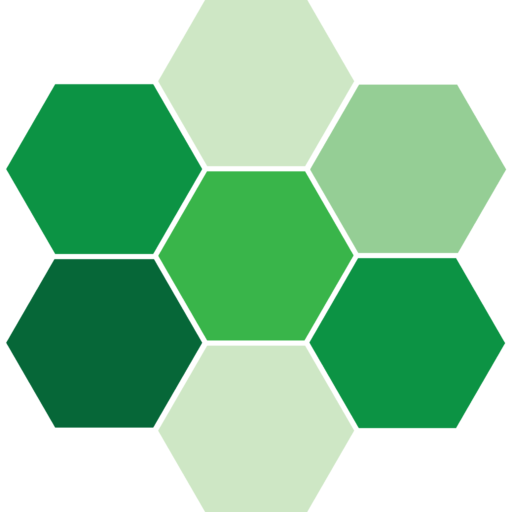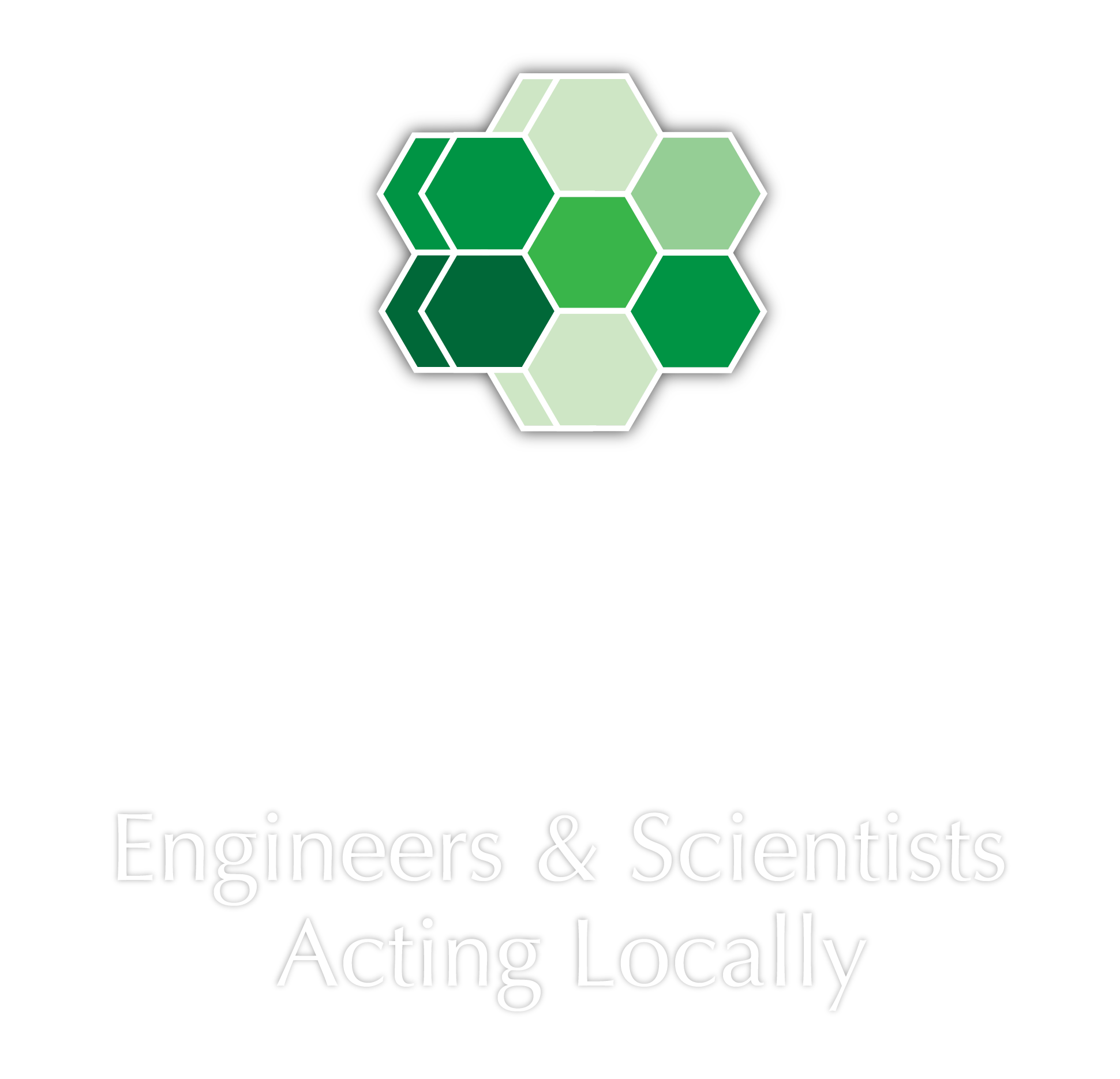State and local agencies develop and implement public health policies, looking for ways to improve health outcomes at the population level. Public health spans medical, behavioral, mental, and developmental health, among others. States often set the underlying regulatory standards that health institutions must follow, and manage much of the licensing to enforce those regulations. However much of the decision-making for the implementation of public health policy is relegated to county governments, which focus on the needs of specific communities. During times of emergency such as the COVID-19 pandemic, state governments can issue guidance and convene county health departments to enable better coordination of services and policies. State and local governments have recently attempted to ameliorate poor health policy and outdated public infrastructure to improve future government response to health crises, making them an even larger actor in subsequent health response efforts.



